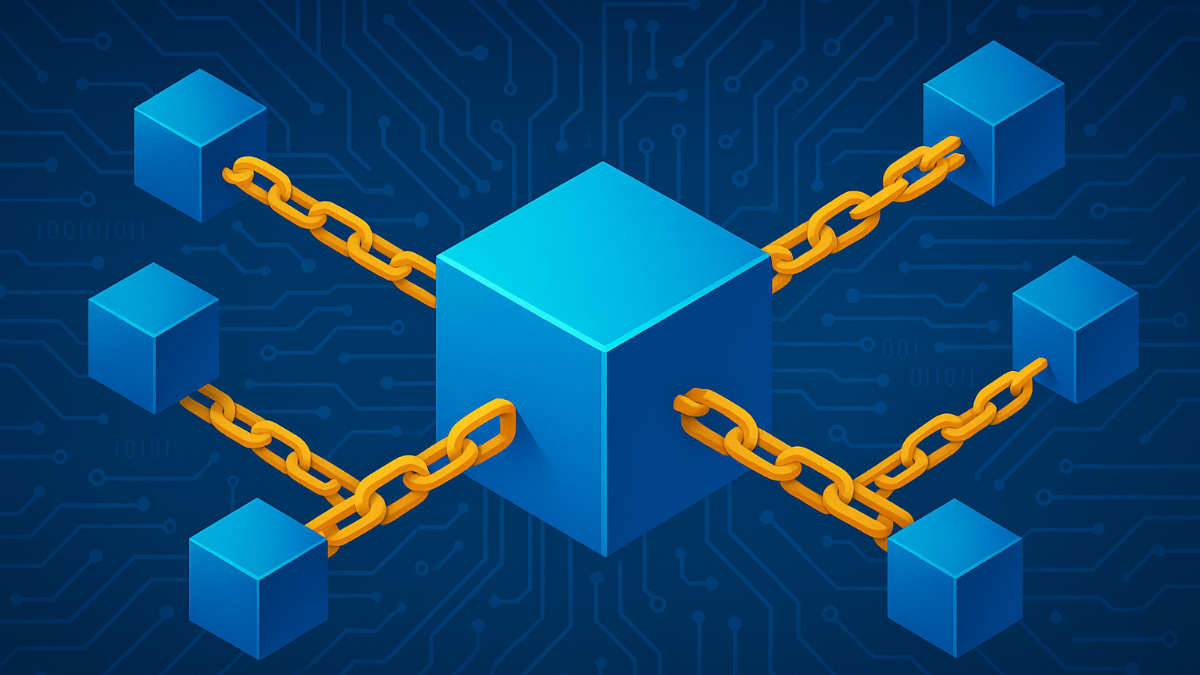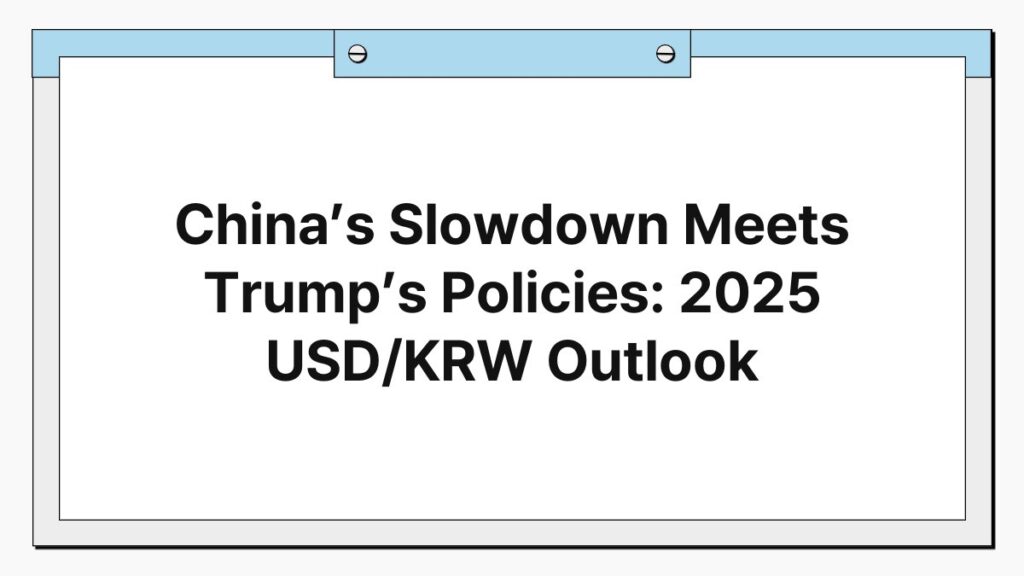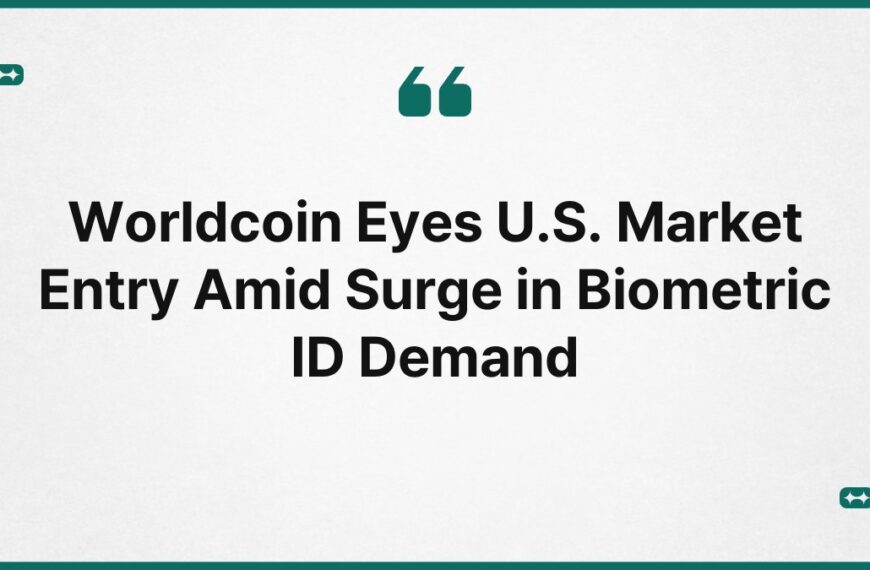[K-Bridge/Samuel] In recent years, blockchain technology has shifted from being a niche concept tied exclusively to cryptocurrency to becoming a foundational pillar for digital transformation. As governments, corporations, and developers explore its vast potential, blockchain is redefining the way trust, transparency, and data security are handled in the digital world.
This article delves into the key areas where blockchain is making waves—from finance and supply chains to healthcare and digital identity—and examines both the promise and the challenges ahead.
Redefining Trust in Financial Systems
Blockchain’s first major impact was felt in the financial sector. Decentralized ledgers eliminate the need for traditional intermediaries, reducing transaction costs and speeding up cross-border payments.
Cryptocurrencies like Bitcoin and Ethereum paved the way, but now central banks are exploring Central Bank Digital Currencies (CBDCs), signaling institutional trust in the underlying technology. These systems offer traceability and immutability, which are especially valuable in fighting fraud and money laundering.
Moreover, decentralized finance (DeFi) applications have emerged, offering lending, borrowing, and trading services without centralized control—redefining how financial products are created and consumed.
Revolutionizing Supply Chain Transparency
Blockchain’s tamper-proof nature has positioned it as an ideal tool for supply chain management. By recording each step in a product’s journey, from raw materials to end consumers, companies can ensure authenticity and traceability.
Major corporations like Walmart and IBM have already adopted blockchain to track food safety and product origin, reducing fraud and improving customer trust.
This transparency extends to ethical sourcing, helping consumers verify whether goods like coffee, diamonds, or clothing were produced under fair labor conditions.
Empowering Digital Identity and Data Ownership
Traditional identity systems are centralized, often vulnerable to hacking and data misuse. Blockchain introduces the concept of self-sovereign identity, where individuals control their own personal data.
This shift allows users to share only necessary credentials, improving privacy while reducing the risk of identity theft. Governments in Estonia and South Korea have already piloted blockchain-based identity solutions with promising results.
Such systems could become the foundation for secure access to digital services—from banking and healthcare to voting and education.
Transforming Healthcare Records and Research
Healthcare has long suffered from fragmented records and inefficient data-sharing. Blockchain offers a unified system where patient histories can be securely stored and accessed by authorized professionals.
This not only improves care coordination but also empowers patients with control over their medical information. In research, blockchain can verify clinical trials and prevent data manipulation, which strengthens public trust in medical advancements.
Startups and institutions are actively experimenting with blockchain for everything from vaccine traceability to insurance claim processing.
The Road Ahead: Opportunities and Regulatory Hurdles
Despite its promise, blockchain adoption faces significant barriers. Scalability, energy consumption (especially with proof-of-work systems), and regulatory uncertainty continue to hamper growth.
However, new consensus mechanisms like proof-of-stake and layer-2 solutions are addressing these issues, making blockchain more efficient and sustainable.
Governments and international bodies are also developing legal frameworks to protect users while fostering innovation—a critical balance for blockchain to become mainstream.
Conclusion: A Technology in Transition
Blockchain is no longer just about cryptocurrency. It is evolving into a multi-faceted technology that touches nearly every sector of modern life. From empowering individuals with data control to fostering global transparency, its impact is just beginning.
While the journey is filled with technical and regulatory challenges, the momentum is undeniable. As innovation continues and adoption broadens, blockchain is poised to become as transformative as the internet itself.
The question is not whether blockchain will reshape the world—but how quickly we’re ready to embrace it.








